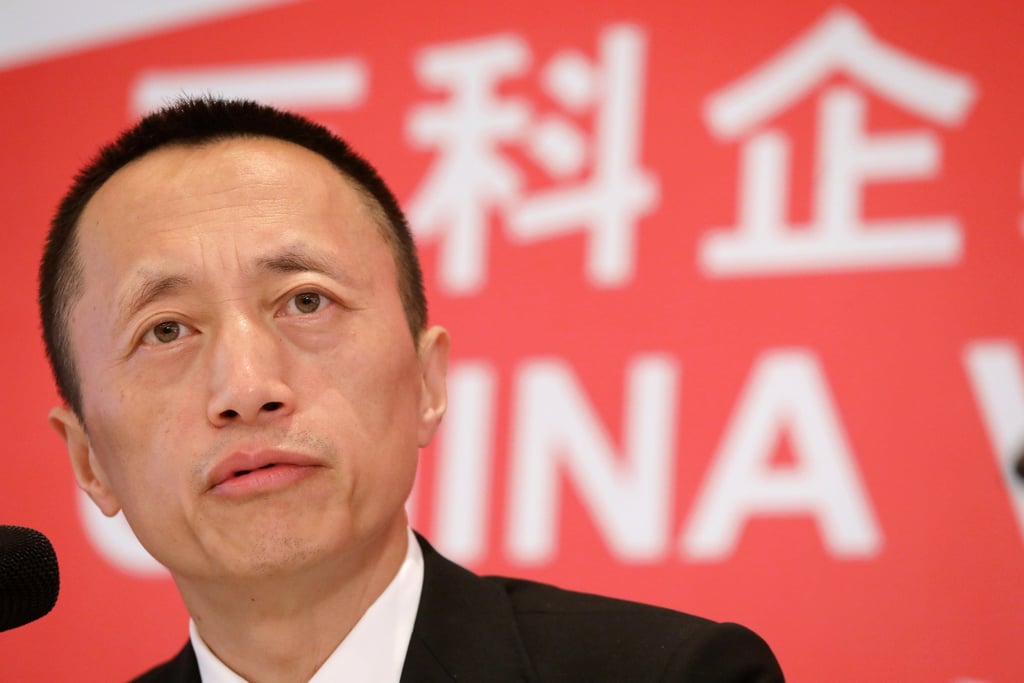China’s real estate slump crimps earnings at China Resources Land, China Overseas Land and other developers
- China Resources Land’s profit attributable to shareholders fell 19 per cent to 72.9 billion yuan, while revenue shrank 2 per cent to 121.04 billion yuan
- China Overseas’ interim profit fell 10 per cent to 17.35 billion yuan while revenue dropped by 4 per cent to 103.79 billion yuan, its first decline since 2018

China’s real estate slump has crimped the earnings of some of the world’s largest property developers, adding to the woes of an industry that is grappling with high debt, declining sales, pockets of mortgage revolt and shrinking confidence.
China Resources Land’s profit attributable to shareholders decreased by 19 per cent to 10.6 billion yuan (US$1.5 billion), while revenue shrank 1.1 per cent to 72.89 billion yuan, according to a statement.
China Overseas Land & Investment’s interim profit attributable to shareholders fell 20 per cent to 16.74 billion yuan while revenue dropped by 4 per cent to 103.79 billion yuan, its first decline since 2018.
“The market has hit rock bottom, and the recovery will be mild and slow,” said China Vanke Group’s chairman Yu Liang, after the industry’s bellwether – the first to enter what it called its “survival” mode two years ago – defied the industry’s slump with an unexpected 10.6-per cent profit growth. “We need to make a fire to keep us warm in [the industry’s] winter. It is more important to stay safe, than to be number one. We will continue to exercise great restraint in scale and loans.”

The hit to the bottom line is hitting China’s developers hard, underscoring the long path ahead as they struggle to sell homes, in an economy hobbled by the slowest annual growth pace in a generation, to pay their looming debt. As many as 21 of the largest developers have defaulted on their unmanageable debts in the last year, most notably China Evergrande Group, with the dubious honour as the world’s most indebted builder with US$300 billion in liabilities.
China’s factory activity contracted for the second consecutive month in August, as the Purchasing Managers’ Index (PMI), a key gauge of manufacturing, came in at 49.4, below the 50-point watershed that separated growth from contraction.